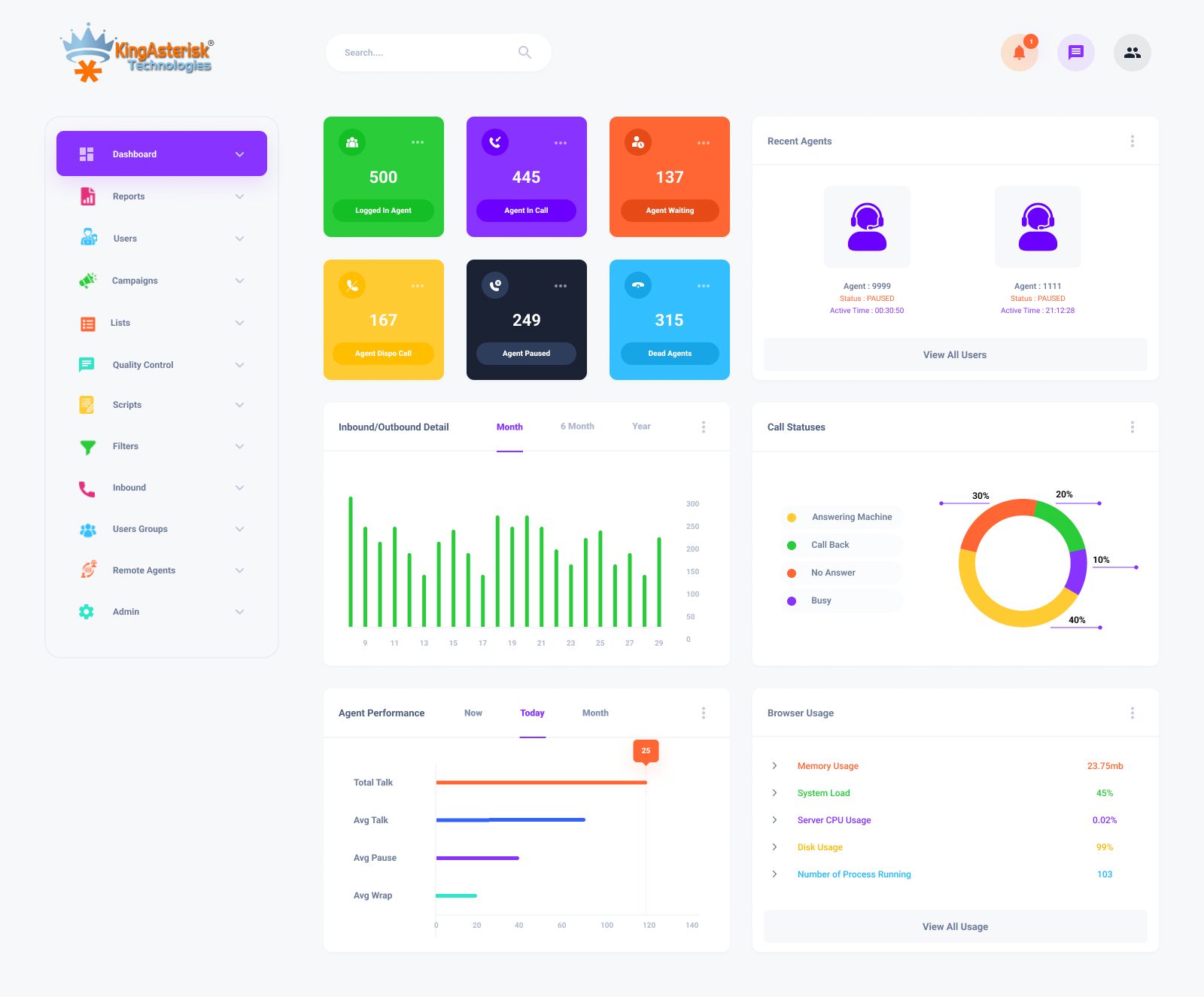When it comes to health insurance, most people focus on general health coverage, thinking about everything from hospital stays to treatments for chronic conditions. But what about dental health? While it’s true that oral health plays a crucial role in overall well-being, dental coverage is often overlooked or considered supplementary. That’s where dental-only insurance comes in.
So, is dental-only insurance worth it? It’s a question many ask when considering how to best approach health insurance planning. In this article, we’ll dive into the pros and cons of dental-only insurance, helping you decide if it’s the right fit for you and your family.
What Is Dental-Only Insurance?
Dental-only insurance, as the name suggests, is a policy designed specifically for dental care. Unlike standard health insurance, which typically covers a wide range of medical needs, dental-only plans focus solely on oral health. This may include coverage for routine check-ups, preventive care, fillings, root canals, and other dental treatments.
Dental insurance policies can be structured in various ways. Some plans offer basic coverage, while others cover more advanced procedures like orthodontics or cosmetic dentistry. However, it’s important to note that dental insurance is not as comprehensive as general health insurance and does not cover everything related to dental care.
How Does Dental-Only Insurance Work?
Dental-only insurance typically operates in one of two ways: a direct reimbursement plan or a discounted fee-for-service plan.
- Direct Reimbursement Plan: In this structure, you pay for dental services upfront and then submit your receipts to the insurance company for reimbursement. Depending on your policy, the insurer may reimburse you for a certain percentage of the treatment cost.
- Discounted Fee-for-Service Plan: This type of plan involves working with a network of approved dental providers. You pay for the services you receive, but at a discounted rate, and the insurer will cover the remaining portion of the cost.
Additionally, dental-only plans can be standalone policies or offered as a rider or add-on to a broader health insurance policy. Some people opt for dental insurance because they’re looking for specific dental coverage not included in their general health insurance policy.
The Pros of Dental-Only Insurance
1. Affordability
One of the most significant advantages of dental-only insurance is the lower cost compared to comprehensive health insurance. If you don’t need extensive health coverage but want to ensure your dental needs are met, a dental-only plan is a cost-effective option.
In fact, the premiums for dental insurance are typically much lower than those for comprehensive health insurance. This makes dental coverage accessible for individuals or families who want to include dental care in their health insurance planning but may not need or want full health insurance coverage at the moment.
2. Basic Coverage for Preventive Care
Dental-only insurance can provide coverage for routine preventive care, which is essential for maintaining good oral health. Regular check-ups and cleanings help to catch issues early and prevent major dental problems down the road. Many dental plans also cover diagnostic procedures, like X-rays, which help in early detection.
Since preventive care is often more affordable than restorative procedures, having dental-only insurance can save you money on regular visits and treatments. If you’re looking for an affordable way to take care of your teeth, this is an excellent way to get started with health insurance planning.
3. Access to a Network of Dentists
Many dental-only insurance plans partner with a network of approved dentists. This means you’ll have access to a list of professionals who offer services at discounted rates. Often, insurance companies have relationships with dentists to help reduce the cost of care for their policyholders.
If you already have a preferred dentist, you’ll need to ensure they’re part of the network, but for those who don’t mind exploring different dental practices, this network can make a dental-only plan more attractive.
4. Cover for Major Dental Procedures
While preventive care is often the main focus of dental insurance, some policies do offer coverage for major dental procedures like fillings, crowns, and even more expensive treatments such as root canals and orthodontics. If your dental health needs are more than just regular check-ups and cleanings, dental-only insurance can help offset the high costs of these treatments.
However, it’s important to note that more extensive treatments may require waiting periods or higher premiums. It’s also crucial to review the plan’s terms and conditions to understand the level of coverage offered for these procedures.
5. Dental Care Can Impact Overall Health
Maintaining good dental health isn’t just about keeping your teeth and gums in good condition – it’s also linked to your overall health. Gum disease, for example, has been linked to heart disease, diabetes, and other chronic conditions. Investing in dental insurance can promote overall well-being and make it easier to take care of your oral health, leading to better health outcomes.
6. Flexibility in Choosing a Plan
Dental-only insurance offers flexibility in terms of the plans available. Whether you want a basic plan with coverage for preventive services or a more comprehensive plan with added benefits, there’s likely an option that suits your needs and budget. Many insurers offer a range of dental plans, allowing you to tailor your coverage based on your health insurance needs.
The Cons of Dental-Only Insurance
1. Limited Coverage
While dental-only insurance covers a range of dental care needs, it does have limitations. Some procedures, such as cosmetic dentistry (like teeth whitening), are usually excluded from coverage. Others, like orthodontics, may have waiting periods before they’re covered or might only be partially reimbursed.
If you’re seeking a comprehensive health insurance policy that covers all medical needs, including dental, then dental-only insurance may not be sufficient on its own. You may need to supplement your dental coverage with a broader health insurance plan.
2. Waiting Periods
Dental plans often have waiting periods before certain benefits kick in. For example, a policy might cover routine check-ups immediately, but it could take six months or longer before it covers major dental procedures. This delay can be frustrating if you need treatment sooner rather than later.
Additionally, some dental insurance policies limit how much you can claim in a year or even over the lifetime of the policy. This could leave you with out-of-pocket expenses for expensive treatments if you exceed the annual or lifetime maximums.
3. Pre-existing Conditions May Not Be Covered
Just like with other health insurance policies, dental-only insurance might not cover pre-existing conditions immediately. If you have a dental issue that requires treatment, it may not be covered for a certain period or at all, depending on the insurer’s terms. This can be a problem for those who are seeking dental insurance to address an existing dental problem.
4. Exclusions and Limitations
While dental insurance policies cover a range of treatments, there are often exclusions and limitations. Certain procedures, such as cosmetic treatments, may be excluded entirely, or your coverage for major treatments like crowns, bridges, or dentures may be limited. You should read the fine print carefully to understand the full scope of the coverage before you buy.
5. Not Always Necessary for Everyone
Dental-only insurance might not be necessary for everyone. If you’re in good oral health and don’t expect to need major dental work, paying for dental insurance premiums may not be worth it. In some cases, you might be better off saving the money you would spend on premiums and paying for routine care out of pocket.
Should You Get Dental-Only Insurance?
If you’re unsure about which health insurance best plan suits your needs, consider exploring the best health insurance plans in India that offer a combination of dental and general health coverage. Plans that include dental benefits may offer a more comprehensive approach to health insurance planning, especially if you value maintaining both your overall and oral health.
At Niva Bupa, we understand that every individual’s health insurance needs are unique. Our health insurance policies offer extensive coverage options, including dental benefits, ensuring that your health is well cared for – from head to toe. Reach out to Niva Bupa today to explore our best health insurance policy that meets your personal and family health insurance needs.













